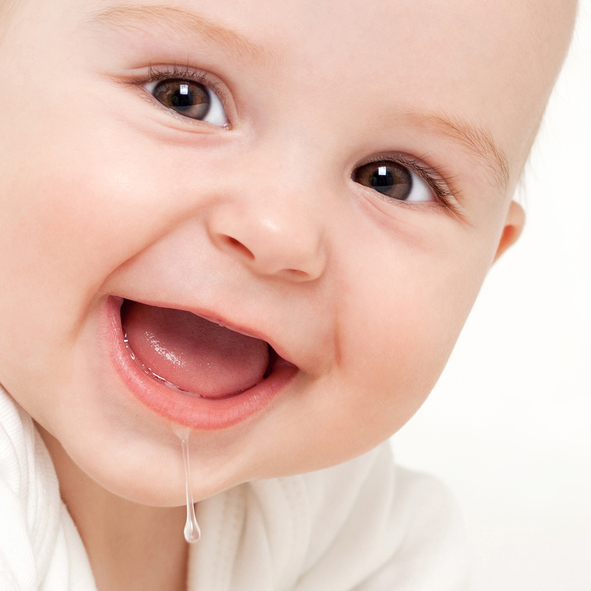dust
(noun, verb)
/dʌst/
 LISTEN
LISTEN


As you probably know, dust is earth or other matter in fine powdery particles or any powdery substance. Figuratively, the remains of a body after disintegration are also called dust and, by extension, so can the physical body of a living human being. As a verb, to dust means ‘to clean and clear dust from something, such as furniture’ and also ‘to sprinkle a powdery substance on something.’
Example sentences
- These bookshelves are covered in dust; don't you ever do any housework?
- There was a pile of dust on the floor below the spot where Sharon had been sawing the logs.
- These mountains will still be here, long after you and I are dust.
- We are nothing but dust.
- I really must dust the furniture today.
- Tania dusted the top of the cake with icing sugar.
Words often used with dust
bite the dust: to die. Example: “Billy the Kid drew his guns and another of his enemies bit the dust.” The expression can also mean ‘to fail.’ Example: “Ian never believed he could win the competition, but, one by one, he saw his rivals bite the dust.”
shake the dust from your feet: to leave a place or situation decisively and quickly. Example: “That job really didn’t suit me, so I just shook the dust from my feet and moved on.”
dust off: to prepare something to use again. Example: “The politician dusted off some old speeches to use in the new campaign.”
dustbin (UK): a large outdoor bin where you put household waste to be collected by the dustmen. Example: “Can you take that rubbish out to the dustbin? The dustmen are coming tomorrow morning.”
dustpan: a small receptacle for sweeping dust and other debris from the floor into, so that you can pick it up and put it in the trash. Example: “Sharon swept the pieces of the broken glass into a dustpan.”
dust bowl: a place affected by drought and soil erosion, where nothing can grow. Example: “The valley had so little rain this year that it turned into a dust bowl.”
dust bunny (US): a ball of dust and fluff, such as you might find under furniture. Example: “I can no longer ignore the dust bunnies: it’s time to sweep the floor.”
let the dust settle: wait for things to calm down. Example: “I know you and Ruth have fallen out; if I were you, I’d let the dust settle a bit before you try talking to her again.”
In pop culture
Listen to Queen singing “Another One Bites the Dust” here:
Additional information
In baseball, to dust off means ‘to deliberately throw the ball at or dangerously close to the batter.’
Did you know?
In Philip Pullman’s His Dark Materials trilogy, as well as in his more recent The Book of Dust, Dust is a mysterious substance made up of elementary particles that are related to and attracted to consciousness. A movie adaptation was made of the first book in the His Dark Materials trilogy, entitled The Golden Compass (the book is called Northern Lights in the UK). You can see the movie trailer here:
and if you want to find out more about the books and Philip Pullman, you can do so here.
Origin
Dust, meaning ‘a fine powder’ or ‘fine dirt,’ dates back to before the year 900. The Old and Middle English noun dūst can be traced back to the Proto-Germanic dunstaz and the Proto-Indo-European root dheu-, meaning ‘dust, smoke or vapor.’ It is related to the Old High German tunst (storm or breath), the German Dunst (mist or vapor), the Danish dyst (milldust) and the Dutch duist (dust), as well as the Latin fumus (smoke) and the many Romance language words that evolved from it, including the Spanish humo, the Portuguese fumo, the French fumée and the Romanian fum, all meaning ‘smoke.’ The figurative sense ‘the remains of a body after it disintegrates’ has been used since Old English, as has the literary image of using dust to mean our mortal body. The verb comes from the noun, and dates back to around the year 1200. It originally meant ‘to rise as dust,’ but that sense is no longer used. The meanings we use today, ‘to sprinkle with dust’ and ‘to remove dust’ date back to the mid- and late 16th century, respectively. The expression ‘bite the dust,’ (along with a less common figurative use of the verb dust as ‘to kill’) first appeared in US slang in the 1930s.
Word of the Day is released Monday through Friday.



